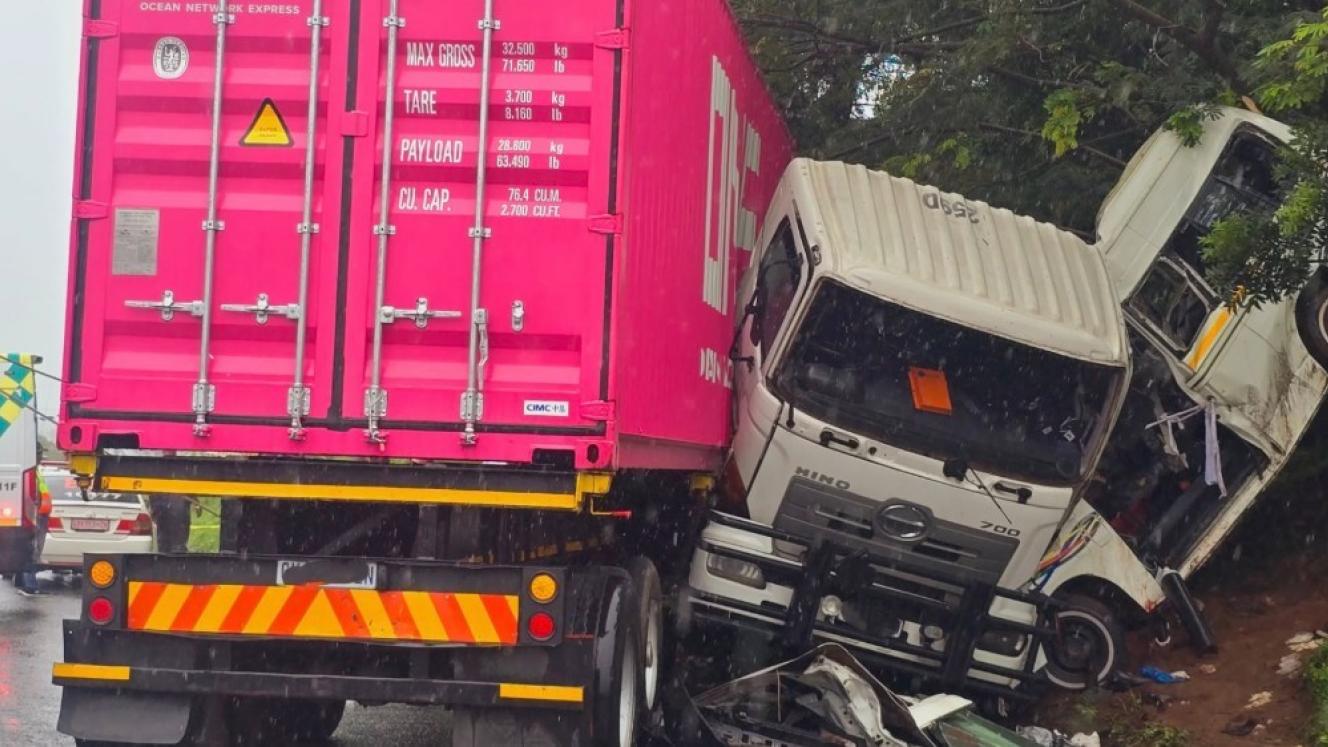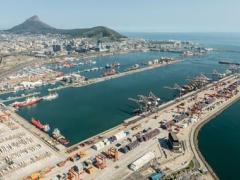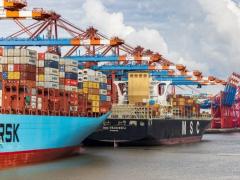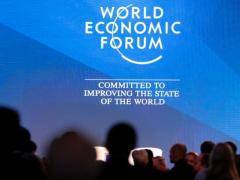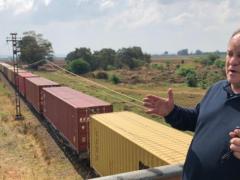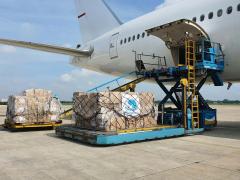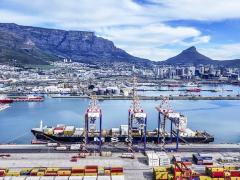Efforts by the South African Association of Freight Forwarders (Saaff) to promote freight and trade through coalescing various public- and private-sector stakeholders around improved logistics and supply chain efficiencies is gathering well-supported momentum.
Saaff has issued a statement saying it has launched “a landmark move” that brings together “key government and regulatory bodies, marking the first time such a broad and inclusive dialogue has been formalised”.
Described as a “pioneering cross-sectoral consultative initiative”, the collaborative discussion forum includes various industry government agencies – the SA Revenue Service (Sars), the International Trade Administration Commission (Itac), National Regulator of Compulsory Specifications, the Border Management Authority and the South Africa Health Products Regulatory Authority.
In addition, freight forwarders and clearing agents from around the country have been invited to form participate in discussions.
Saaff says: “The initiative has been embraced by both public and private sectors, aiming to bridge gaps, address operational issues and friction points in the supply chain, and forge actionable solutions to longstanding challenges.
“It represents the maturing of co-working culture in the complex trade and logistics space, focusing on compliance, efficiency and legitimate trade facilitation.”
Itac manager Donovan Mitchell said the insights gathered thus far were “invaluable”.
“In over 15 years of working with many of these freight logistics trade entities, this is the first time we have gathered in a space free from the pressures of transactions. Misunderstandings have been clarified, myths debunked, and a fresh path mapped forward.”
The trade talks are a “robust platform for policy reform”, says Saaff executive for Sars and Other Government Agencies (OGAs), Devlyn Naidoo.
Tasked with heading up the initiative on behalf of Saaff, he added: “There is something powerful about coming together with shared purpose.
“It helps dissolve procedural friction points in the supply chain and is crucial to enabling the recovery of the logistics network after years of disruption. Important findings and diverse potential solutions from the point of view of both the authorities and members of Saaff in the trade were put forward for consultation, extensively discussed and analysed from both sides of the coin.”
Saaff states that the “ultimate goal” of the initiative is “a seamless, legitimate trade environment that reduces the high cost of logistics – a burden felt by businesses and consumers alike”. “Enhanced trade facilitation means faster, more reliable cargo movement, boosting the economy and strengthening South Africa’s global competitiveness.”
Given the support and positive response so far received by Sars and other OGAs, not forgetting important private-sector participants from the forwarding and clearing community, Saaff says it sees the initiative as “a restorative moment” for South Africa’s trade environment.
“A window has opened to move trade forward with purpose and urgency. There is a growing sense of alignment across industry, political, economic and social spheres that signal potential for real, sustainable progress. We are a nation abundant in natural wealth yet held back by decades of self-inflicted inefficiencies.”
Saaff chief executive Dr Juanita Maree says coalescing cargo companies and related government partners around a shared goal is about promoting “SA Inc”.
“When trade flows efficiently it drives jobs, economic growth and prosperity.”

